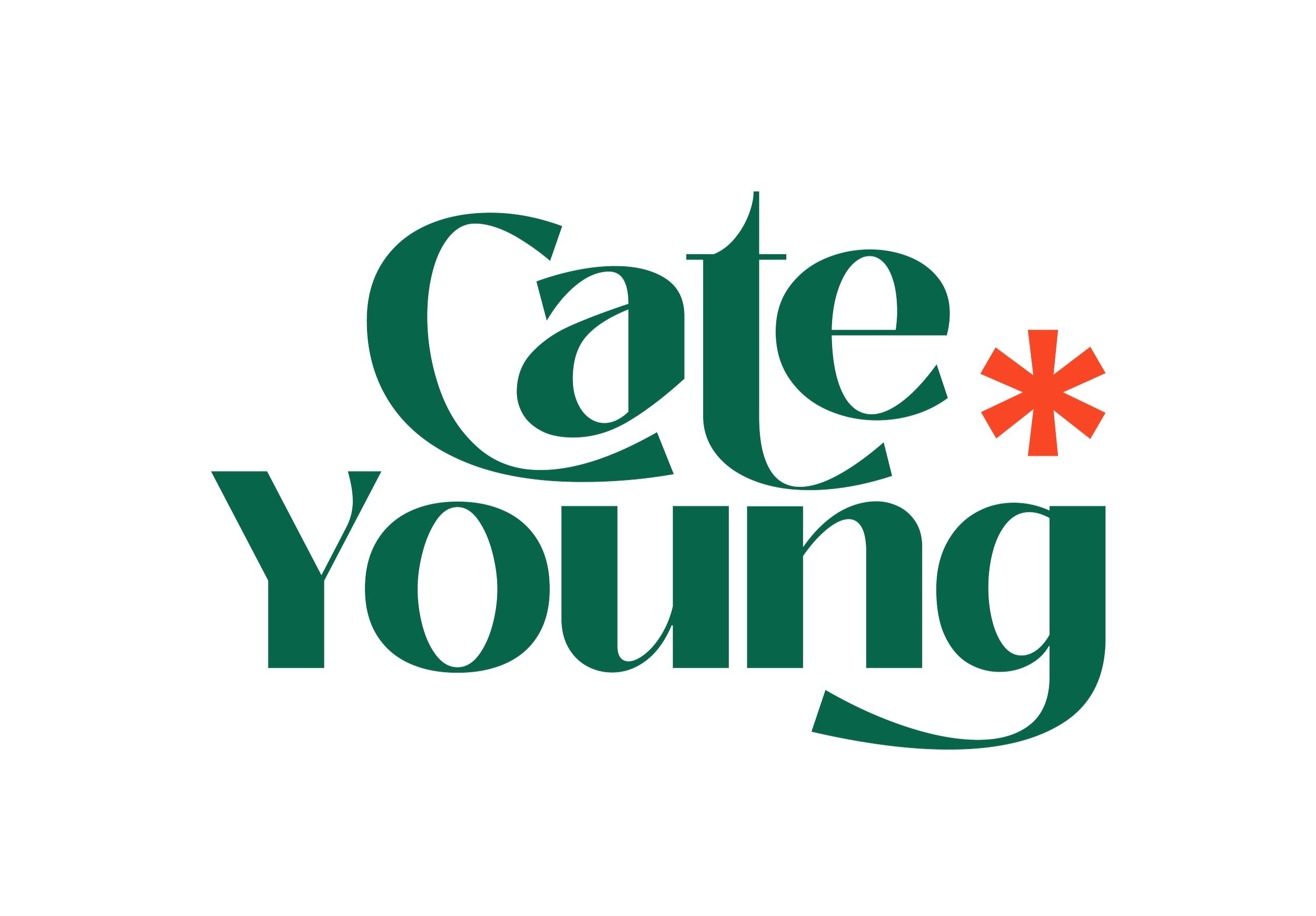Django Unchained, Spaghetti Westerns And Absurdist History
Django is essentially a revenge fantasy, and because of the subject matter, it has an air of revisionism that doesn't sit well with me. You can make the violent scenes so bizarre as to seem unrealistic, but it doesn't change the fact that those kinds of things did happen during slavery.
With all the controversy surrounding Django Unchained upon its release, I purposely waited until after awards season to watch and review the movie. As much as I love getting into the thick of things, I'd already seen and read so much about the merits and failings of Quentin Tarantino's latest offering that I knew that there was no way I could love or hate it in a void. I needed distance. So now, two weeks after the airing of the 85th Annual Academy Awards (at which Django won for Best Original Screenplay), I'm finally sitting down to ruminate on how I felt about this movie.
I almost don't know what to say about Django Unchained, but I will say this: I didn't hate it.
I've never seen any of Quentin Tarantino's other films. From the trailers alone , he seems to specialize in a kind of overwrought, violent camp that does not appeal to me. But Django was his first directorial credit since 2009's Inglorious Bastards, the film featured several actors that I loved, the buzz was deafening, and it was literally the movie on everyone's lips,so I decided to make an exception and see it.
My conclusions? It wasn't necessarily worth all the hype. It was not a bad movie, and I'll even say that I mostly enjoyed it. I was amused at the choice to shoot so much of it spaghetti western style (since I hate westerns with a passion), and I loved Christopher Waltz's performance as the gun happy, dentist-cum-bounty hunter Dr. King Schultz. Jaime Foxx gave possibly one of the best performances of his career, and it became clear to me that whether he plays a house slave or the Director of S.H.I.E.L.D., nobody fucks with motherfucking Sam Jackson.
But the main reason the movie garnered so much attention was because of it's proliferous use of the N word. While I noticed it at every instance for the first 15 minutes, the word simply faded into the background after that. It didn't offend me. I expected sneering white slave masters tossing the word around like a weapon, but truthfully, it was uses mostly as an adjective: the acceptable way to refer to an African American at that point in history. But as someone who never uses the word, and don't think it should be used ever, in any circumstance, for any reason (but recognizes that not everyone shares that opinion), I wonder if maybe I was simply desensitized to its use. I've grown accustomed to selective deafness when in the company of people who favour the word, so perhaps this was more of the same?
The one issue I did have with the movie however was it's portrayal of violence. Now I understand that campy violence is essentially Tarantino's trademark, but considering the subject matter he chose to delve into, I felt that it was crass and disrespectful. The scenes were almost cartoonish in their extremity, a decision I suspect that was made in order to elevate the movie into camp, and divorce it from the heavy and serious treatment that movies about slavery usually get.
And that's fair, but Django is essentially a revenge fantasy, and because of the subject matter, it has an air of revisionism that doesn't sit well with me. You can make the violent scenes so bizarre as to seem unrealistic, but it doesn't change the fact that those kinds of things did happen during slavery. I get the impression that the choice was to make the scenes so violent that audience walked away thinking "well it couldn't have been that bad, so it's okay", but the thing is, it WAS that bad. It was worse maybe, and I think the treatment of things like Broomhilda being locked in a hot box in the ground for trying to escape, Candie's glee during the "Mandingo fights" and having a slave ripped apart by dogs because he refused to continue fighting etc, should have been treated with more sensitivity.
Regardless of how you might feel about slavery now, these are things that are still very much a part of the history of many Americans' families, and I felt like treating these incidents of violence as though they were a far fetched idea dreamed up in some director's head, rather than a very literal part of the US's dark history, was frankly, quite disrespectful to the memories of the millions of slaves who died during the slave trade, and suffered this violence first hand.
As I said at the beginning, I didn't hate this movie, but I will probably never watch it again. I don't think I could sit through the Mandingo fight scene twice. I honestly think that this movie is important in forcing us to look at how people relate to such a dark part of history, and the reactions to the movie are to me, far more telling than anything in the movie itself. It is a compelling piece of cinema that I would recommend everyone to see at least once in their life. Check out this great post by Jesse Williams that details some of the more problematic elements of the film.

